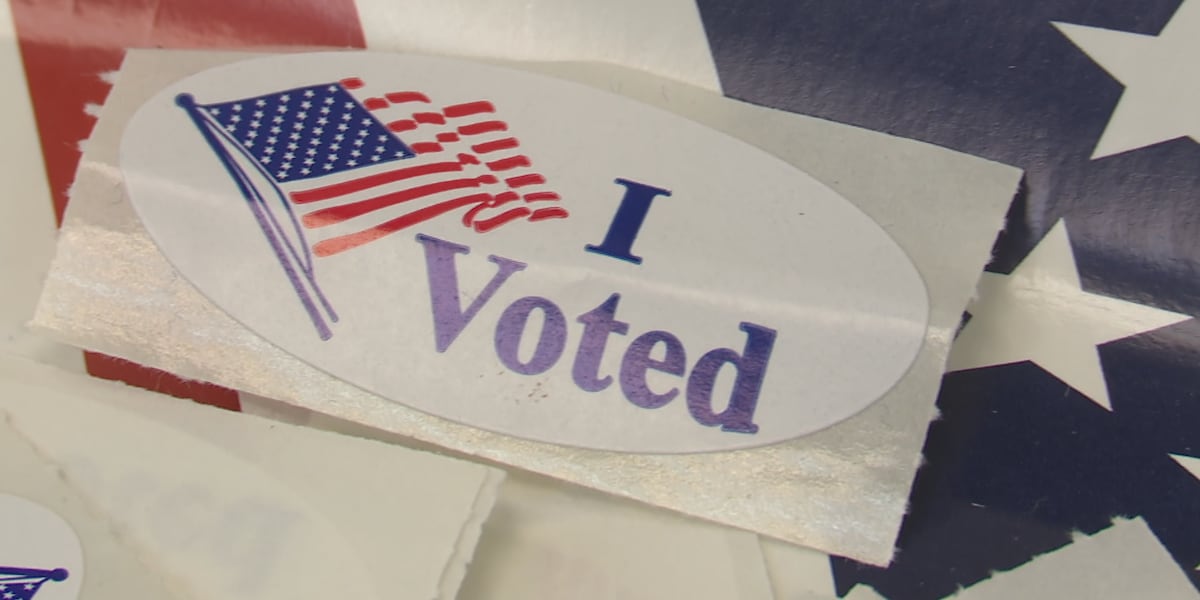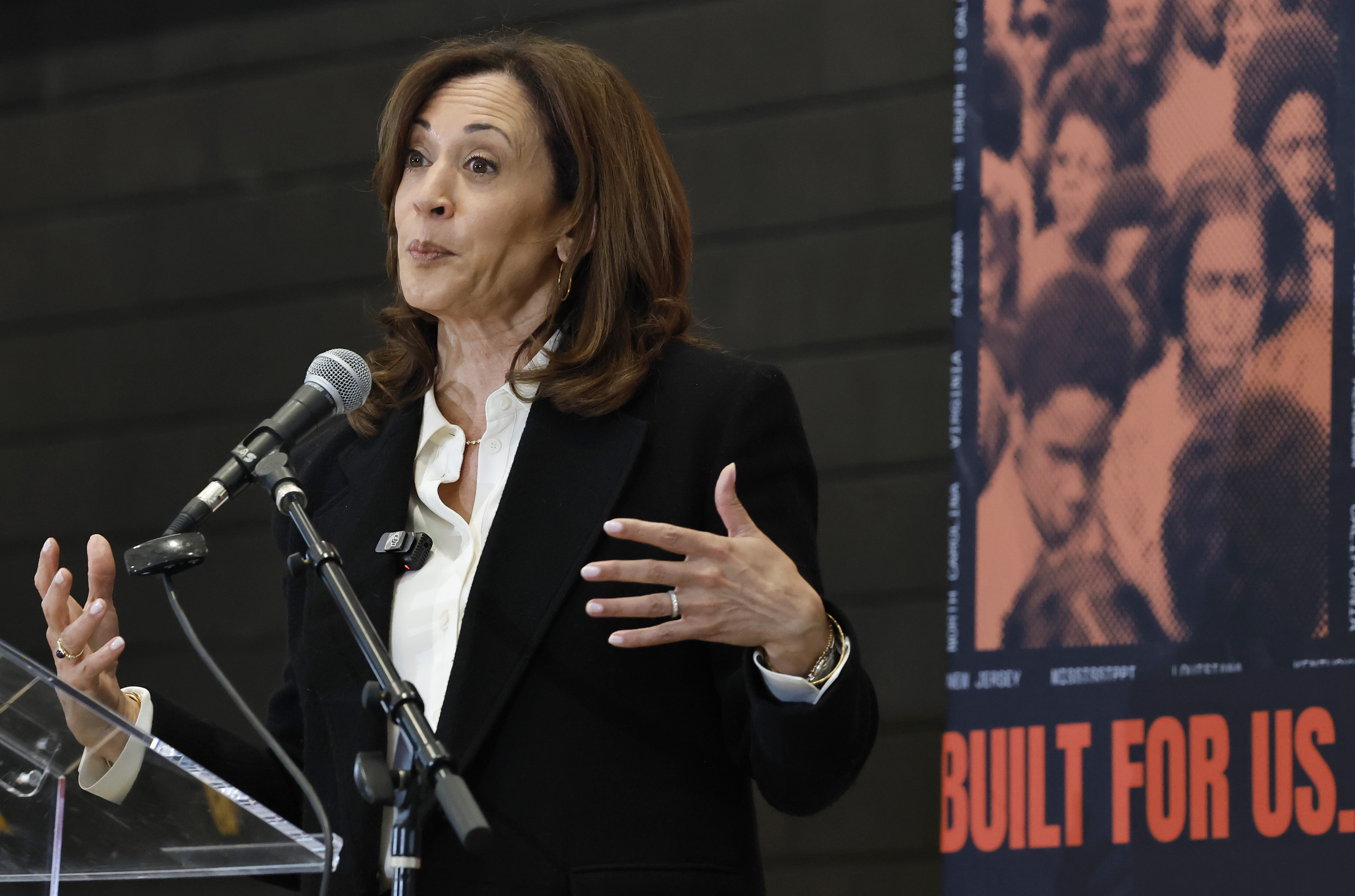ATLANTA — In North Carolina, it was a lawsuit over the state’s voter-registration records. In Arizona and Wisconsin, it was a letter to state election officials warning of potential administrative violations. And in Colorado, it was a demand for election records going back to 2020.
Those actions in recent weeks by the U.S. Department of Justice’s voting section may seem focused on the technical machinery of how elections are run, but they signal deeper changes when combined with the departures of career attorneys and decisions to drop various voting rights cases.
The moves represent a shift away from the division’s traditional role of protecting access to the ballot box. Instead, the actions address concerns that have been raised by a host of conservative activists following years of false claims surrounding elections in the U.S. Some voting rights and election experts also note that by targeting certain states — presidential battlegrounds or those controlled by Democrats — the moves could be foreshadowing an expanded role for the department in future elections.
David Becker, a former department attorney who worked on voting rights cases and now leads the Center for Election Innovation & Research, said the Justice Department’s moves represent a departure from focusing on major violations of federal law.
“This would be like the police department prioritizing jaywalking over murder investigations,” he said.
A Justice Department spokesperson responded with “no comment” to an emailed request for more information about the actions, including whether similar ones had been taken in any other states.
Conservatives for years have called for an overhaul at the Justice Department in both personnel and priorities. President Donald Trump also has criticized how elections are run, falsely blaming his 2020 loss on widespread fraud. Earlier this year, he signed an executive order seeking a sweeping overhaul of election operations — an authority the Constitution grants to the states and Congress.
After his win last November, Trump installed key allies at the Justice Department, including Attorney General Pam Bondi, who has made similar claims about the 2020 election. Multiple reviews in the presidential battleground states affirmed Democrat Joe Biden’s win in 2020, Trump and his allies lost dozens of lawsuits, and even Trump’s attorney general at the time said there was no evidence of widespread fraud.
Justin Levitt, a former deputy assistant attorney general in the department’s civil rights division, said most of the DOJ’s actions appeared reasonable and focused on issues that had already been raised by conservative activists in those states. They also are the type that would be expected from a conservative administration, he said, with the exception of the Colorado request. He called that “well out of bounds.”
“This administration has prioritized grievance, even perceived grievance when there is no basis in fact,” said Levitt, who also served as a senior policy adviser in the Biden administration.
The department’s request to Colorado Secretary of State Jena Griswold, a Democrat, asked for all records relating to last year’s presidential election. Federal law requires those to be kept for 22 months.
In the request, the department stated it had received a complaint alleging that Griswold’s office was not in compliance with federal law relating to voter registration. The request also directs Griswold to preserve any records of the 2020 election that might still be in the state’s possession.
Griswold, in an interview, called the request a “fishing expedition” and said her office responded by providing state voting files.
“I’m not even sure they know what they are looking for,” Griswold said. “They can request all the data they want, and it’s not going to prove anything.”
In North Carolina, where Republican lawmakers recently wrested control of the state election board from the Democratic governor, Justice Department lawyers filed a lawsuit accusing state election officials of failing to ensure that all voter records include identifying information, such as a driver’s license.
Assistant Attorney General Harmeet Dhillon, who oversees the civil rights division, said in a statement announcing the lawsuit that accurate voter rolls are critical to ensuring that elections are conducted “fairly, accurately, and without fraud.”














